PHI ensures that its business and operation must run in harmony with the growth of community self-reliance and environmental protection where we operate.
Our partnerships with government and communities in the Kalimantan region have been successful in driving community development through our Social Responsibility and Environmental programs.
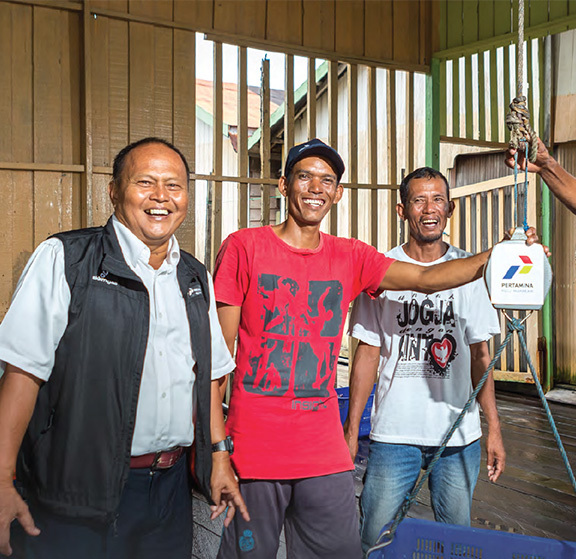
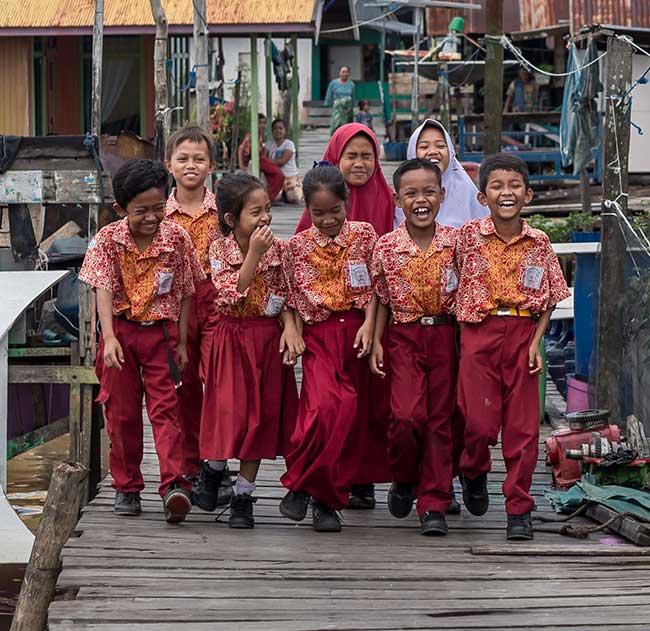
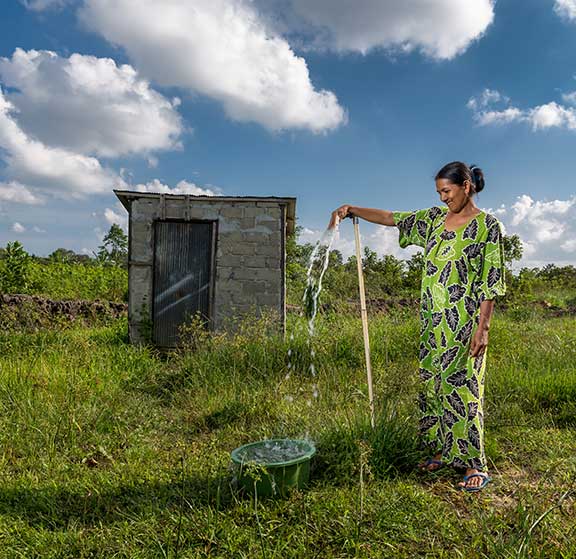
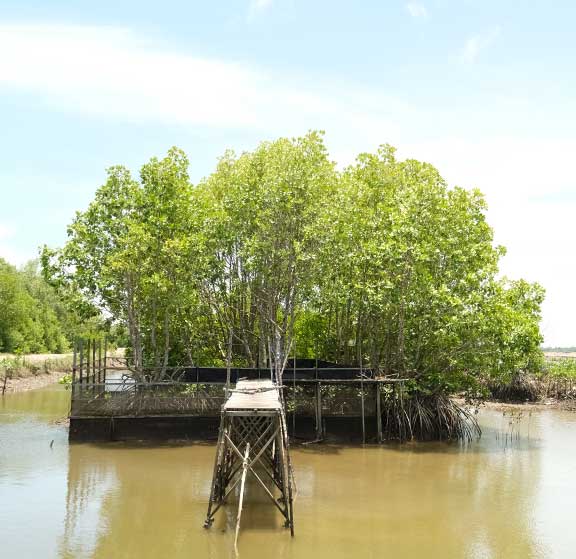
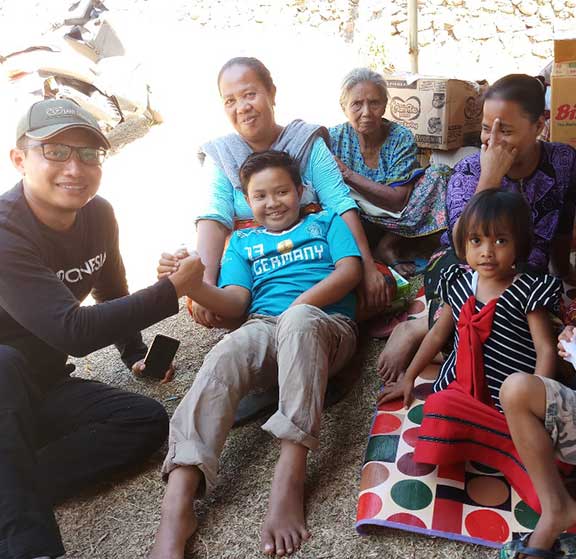
We manage a safe and environmentally friendly oil and gas business and operation. We hold this commitment in all operational areas to support the sustainability and growth of the Company's business.
Our oil and gas operations, whether on land, swamps or offshore, are high-risk activities that require safe, effective, efficient, and environmentally friendly operation capabilities. Therefore, we are committed to operating in a manner that minimizes impacts that can harm society and the environment by continuously making continuous improvements to our social and environmental performance.
We implement environmental management system, resource conservation, and community development programs. Our oil and gas field received PROPER Gold and Green rating in Environmental Management Performance Rating Program from the Ministry of Environment and Forestry.
Our energy and water management is conducted in accordance with the government policy implemented for the use of New and Renewable Energy (EBT). We apply the energy and water management system to achieve a reduction in energy and water consumption every year.
To reduce GHG emissions, we consistently conduct various emission reduction efforts in all sectors of activity. These efforts include the use of low-emission gas turbines, optimization of operating facility maintenance, optimization of underwater inspections, optimization of transportation fuels, minimization of unplanned shutdown, optimization of compressors, reduction of gas flaring by using Gas Recovery Compressors, and the use of systems Vapor Recovery Units (VRUs).
PHI has managed to reduce hundred thousands ton CO2Eq of GHG emission.
Our commitment to preventing environmental pollution and waste management is contained in our HSE policy, to avoid, reduce, or control hazardous waste, oil spills, and gas emissions as well as improve the quality of wastewater effluents.
The forms of reduction and management of B3 waste that have been carried out include reusing chemical raw materials that are still suitable for use in the production process, reducing the use of used plastic drums, using the centrifuge method to reduce B3 emulsified sludge waste, extending the life of lubricating oil in operating activities.
The methods for reducing and managing non-B3 solid waste are adjusted according to the type, namely recyclable waste and naturally biodegradable waste. These methods include the use of food waste and grass into compost products, the reduction of plastic bottles of bottled water, and the recycling and reuse of damaged office furniture.
PHI has managed to save up to tens of millions of dollars in budget from the 3R program for B3 and non-B3 waste.
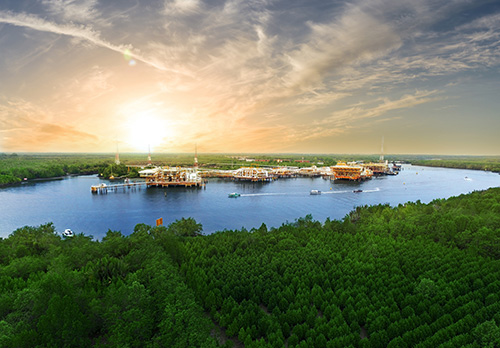
We conduct various beyond compliance programs in conserving biodiversity. PHI integrates biodiversity management by ensuring ecosystem sustainability, preventing and minimizing the impact of activities on Biodiversity (KEHATI), throughout the life cycle of facilities and projects throughout our operational areas.
The KEHATI program refers to the principles of Biodiversity, Sustainability and Community which are carried out through various programs for the preservation of flora in the mangrove ecosystem by ensuring the species diversity index, orangutan conservation with the Borneo Orangutan Survival Foundation (BOSF) and coral reef regeneration.